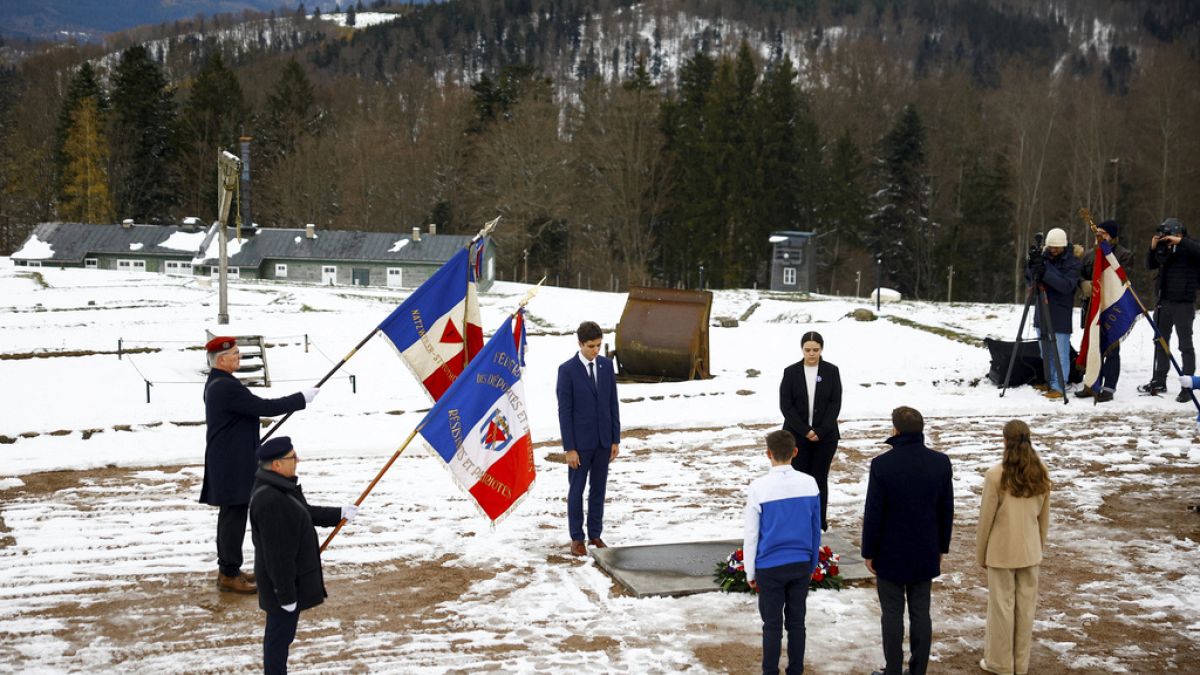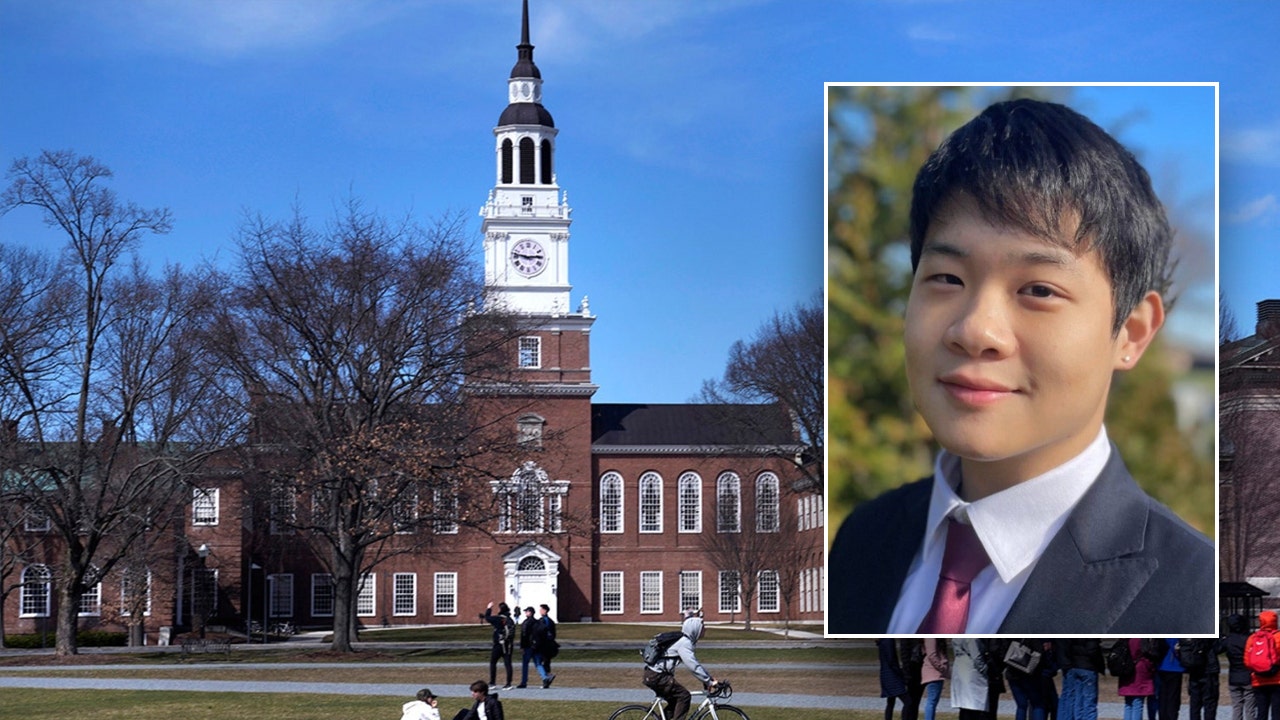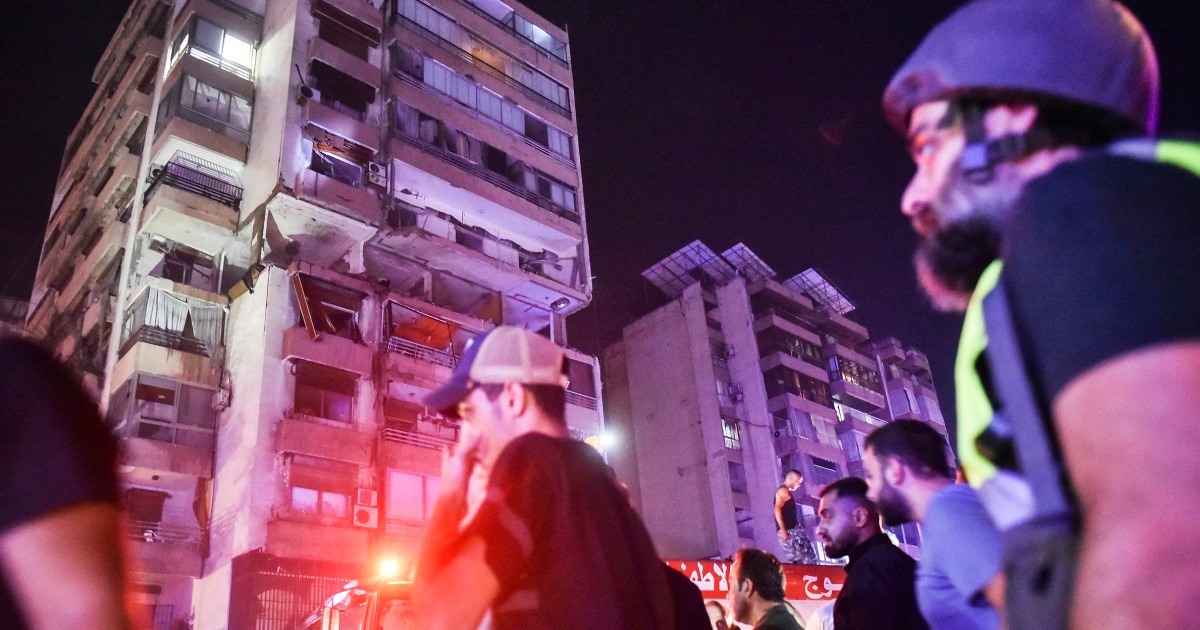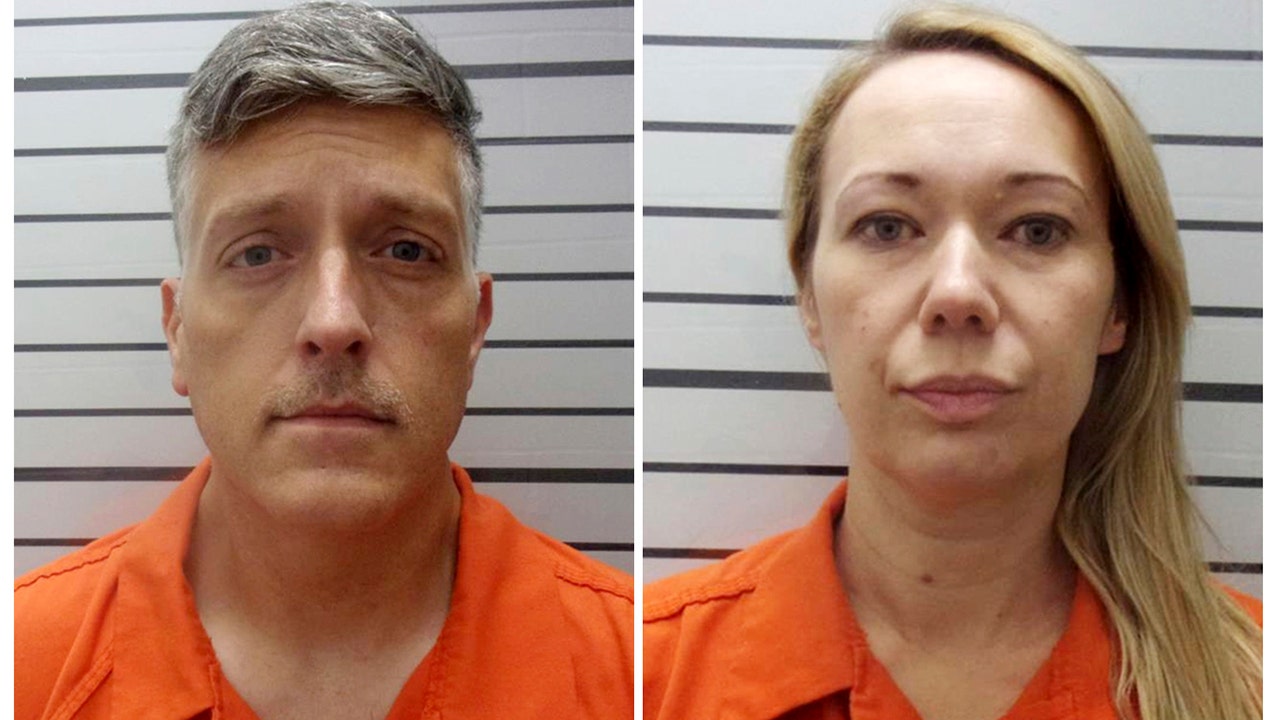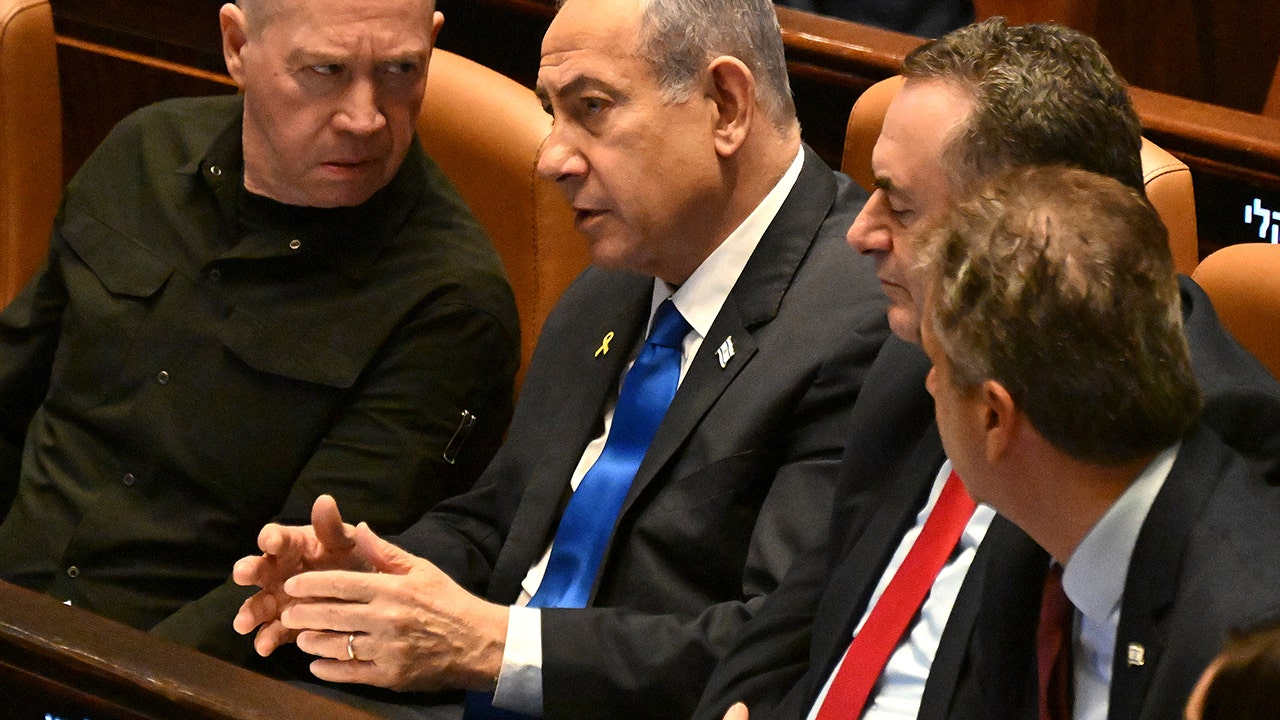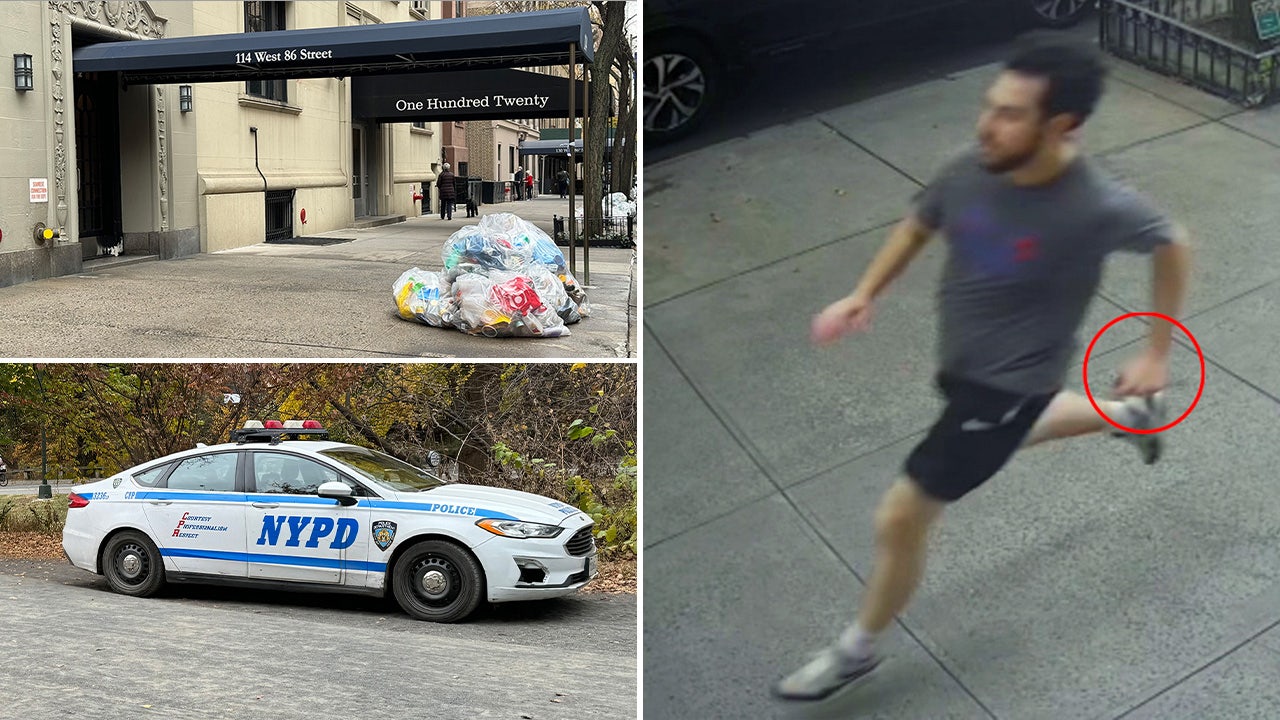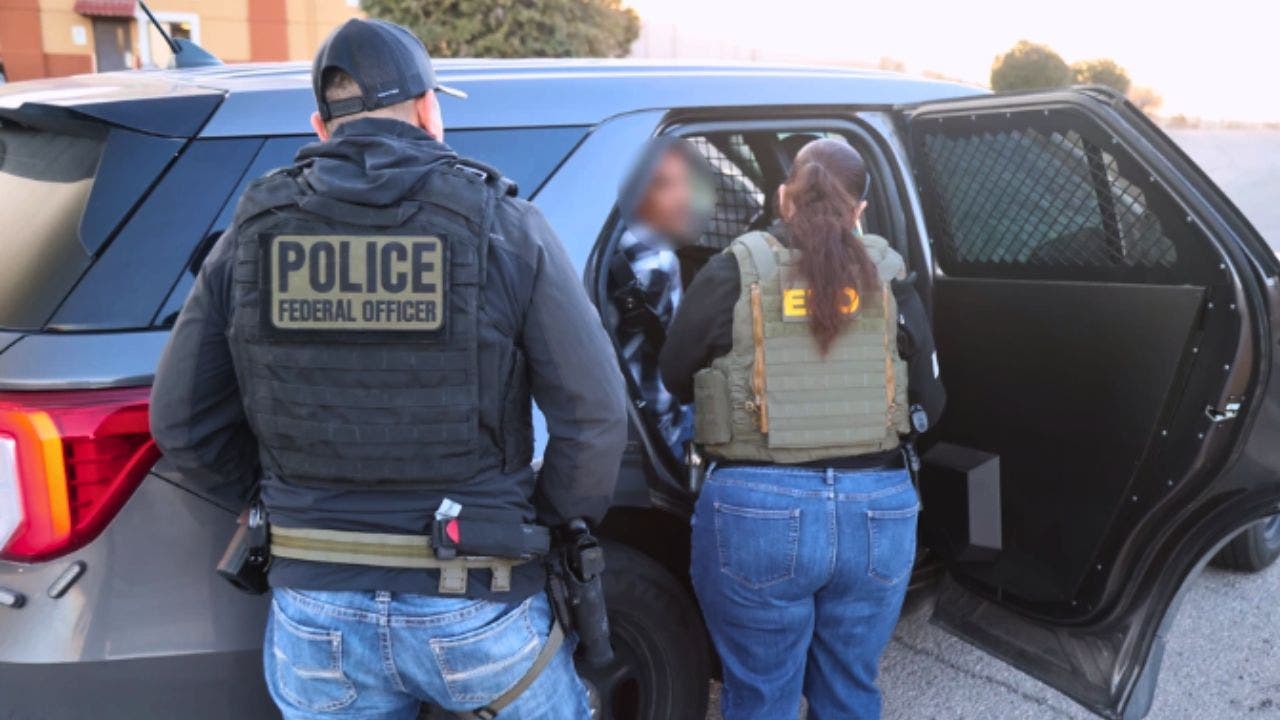BEIRUT — Fears grew across Lebanon on Monday after Israel launched a strike on a residential building in central Beirut, marking a fresh escalation in a devastating bombing campaign that local officials say has already killed more than 1,000 people.
“There’s no safe place guaranteed in Lebanon,” said Jihan Kaisi, the executive director of the Union of Relief and Development Associations, an organization helping displaced people across the country.
As many as 1 million people have been driven from their homes in the latest violence, according to Lebanon’s prime minister.
“The Cola area is crowded with families, with displaced families who came to this area thinking it’s safe,” Kaisi told NBC News after the Israeli strike hit a building in the city’s densely populated district just a stone’s throw from downtown Beirut.
“We were shocked this area was bombed,” she said of the strike, which appeared to be Israel’s first attack on the capital’s center since the 2006 war between Israel and Hezbollah.
A Palestinian militant group, the Popular Front for the Liberation of Palestine, said early Monday that three of its members were killed in the strike in central Beirut, where humanitarian workers said many civilians had sought shelter, believing the capital’s center to be safe from Israel’s bombardments.
Follow live updates here
The targeted building was heavily damaged across two floors, with the windows of vehicles outside smashed and rubble scattered all over the street. Residents rushed to clear debris from storefronts, some using broomsticks, while others used their bare hands.
Izdihar al Fouani, 40, told NBC News she’s afraid nowhere is secure for her and her family, who fled from the southern suburb of Dahieh to central Beirut.
“So we are sitting and waiting,” she said, adding that her family still had no mattresses or other basic supplies. “Something might happen or not, but God willing, things will get better.”
Meanwhile, in southern Lebanon, an Israeli official told NBC News that Israeli forces had begun launching small special forces operations ahead of a potential ground offensive.
The official said the operations were designed to gather intelligence and probe Hezbollah’s positions, though they cautioned that the forays have been taking place for months and do not necessarily signal an imminent ground assault.
Washington continued to urge against further escalation amid efforts to avoid an all-out war in the region.
Israel says its campaign in Lebanon is aimed at ensuring the safe return and long-term security of communities in northern Israel who have been displaced from their homes during nearly a year of mounting hostilities between Israel and Hezbollah, the Iran-backed militant group that has vowed to continue striking Israel until it ends its war in Gaza.
Thousands of families in southern Lebanon have also been displaced from their homes over the past year by the cross-border attacks.
Israel’s aerial campaign in Lebanon has killed more than 1,000 people, according to Lebanon’s health ministry, Hezbollah’s leader, Hassan Nasrallah, was killed in an Israeli strike Friday, sending shock waves across the region, with Iran vowing revenge.
Sleeping on the streets
Meanwhile, as many as 1 million people have been displaced from their homes, Lebanese Prime Minister Najib Mikati said, with growing numbers of families forced to create makeshift shelters on streets and beaches as images emerging from southern Lebanon show mounting destruction of areas once populated by civilians.
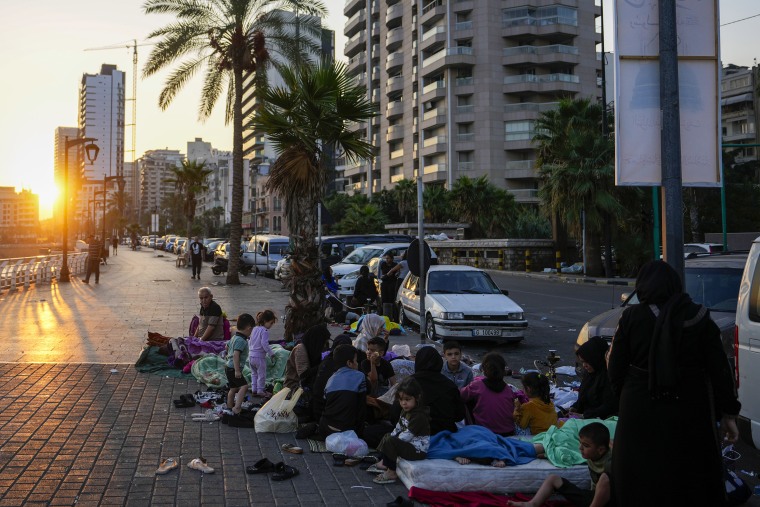
Fatima, 32, who delivered a baby just days ago, said she and her family had fled from the south to central Beirut over the weekend in hope of finding safety there. But after they struggled to find shelter, she said, they were forced to sleep on the street.
“It was terrible,” said Fatima, who asked that her last name be withheld because of concerns for her safety. “I’m unable to feed my baby. who is crying constantly,” she said, adding that she was also in pain and feared that the surgical wound from her cesarean section had become infected.
“I need medical help, and we’re waiting to see which shelter will take us in, and maybe we will get some kind of assistance and food,” she said.
Nayef Fouani, who has, along with hundreds of others, been sheltering in the Azarieh commercial center in Beirut, said of having to abruptly flee from his home in the city’s southern suburbs: “Look at our situation. We were having dinner. The food is still on the table.”
“Well, eventually, we’re all going to die one day,” he said.
‘No safe place’
Kaisi, the executive director of the Union of Relief and Development Associations, said humanitarian workers were “shocked” by the strike in Cola.
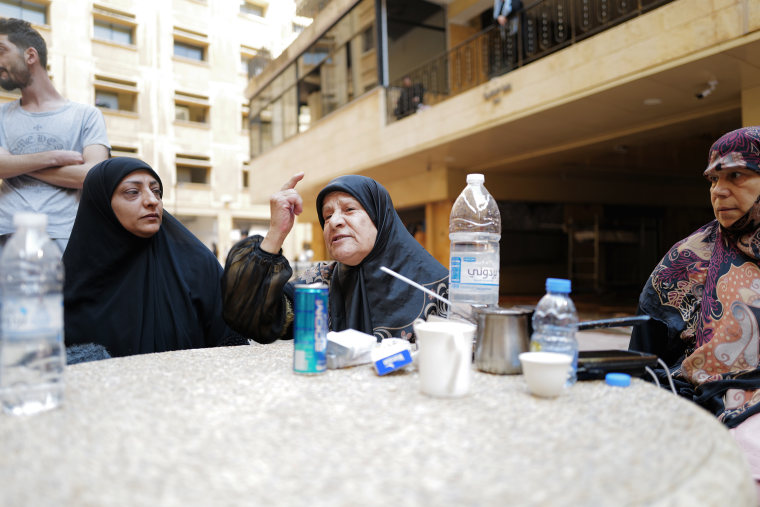
Meanwhile, in southern Lebanon, where she is based, Kaisi said civilians displaced by Israeli airstrikes and sheltering in the city of Saida, or Sidon, were also terrified after a deadly airstrike in the area Sunday. The Israel Defense Forces did not immediately respond to a request for comment on the strike Monday.
Thousands of families, Kaisi said, had been sheltering in Saida under the belief that they were safe there, many taking refuge in overcrowded schools transformed into shelters while others had little choice but to sleep in the streets and in parking lots and school playgrounds.
And she said she feared what might lie ahead for them if Israel’s bombing campaign does not end, with more people expressing fears that Lebanon could eventually become like Gaza, where more than 41,500 people have been killed during Israel’s nearly yearlong offensive in the enclave.
Read the full article here



